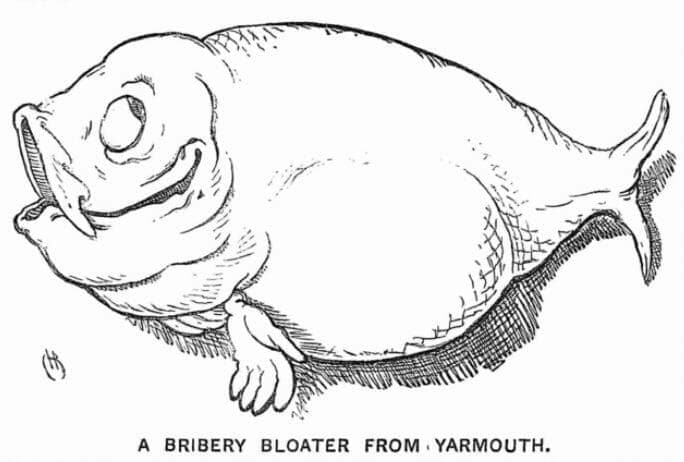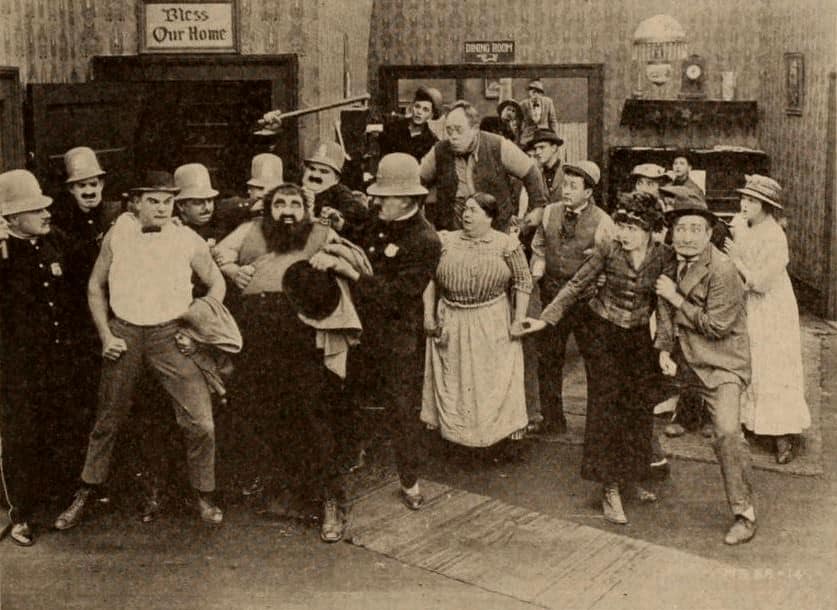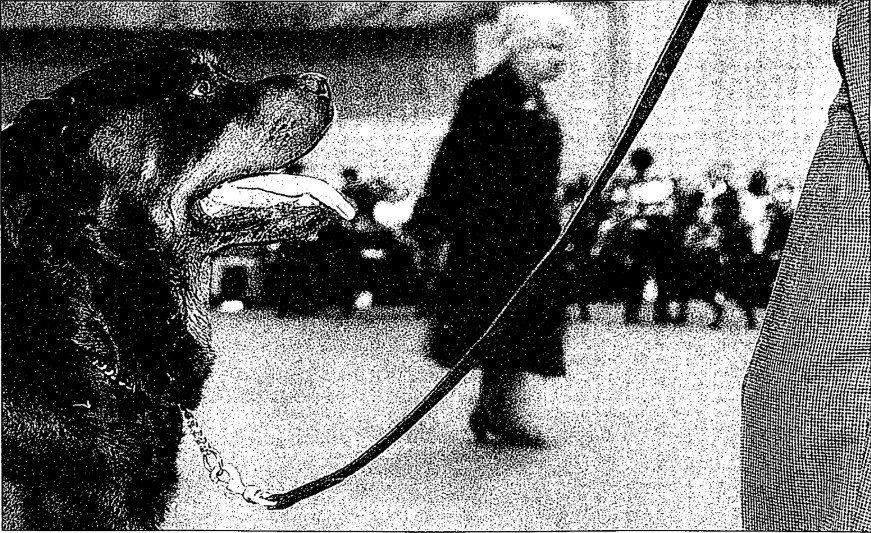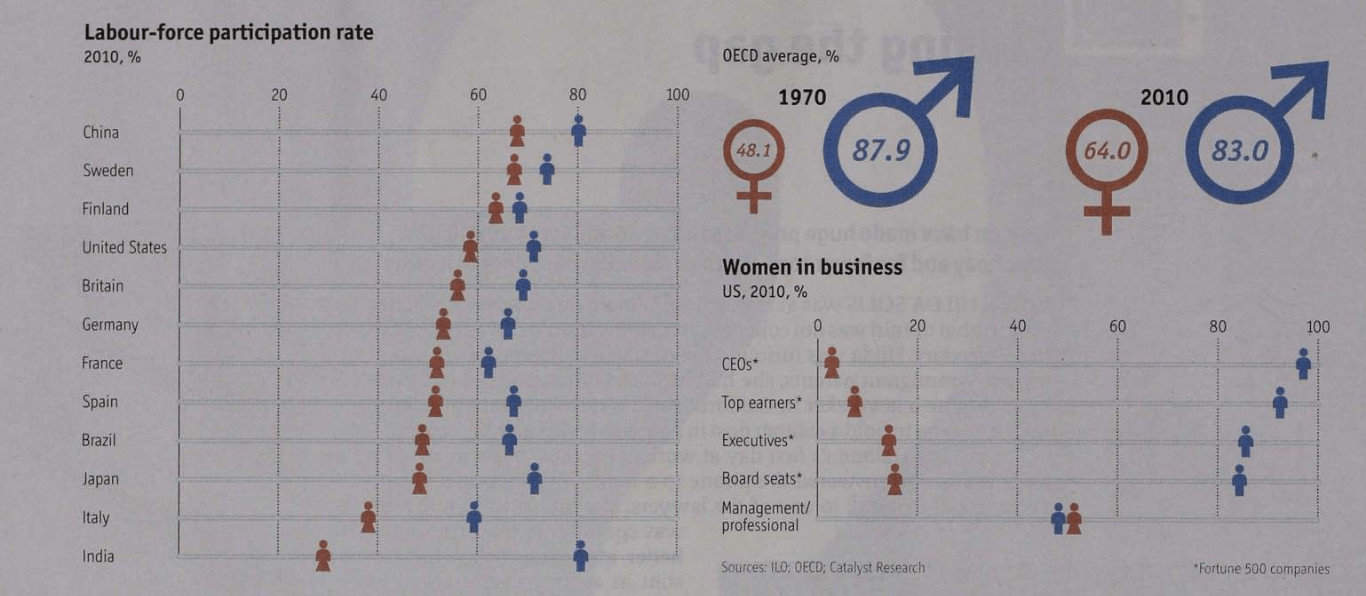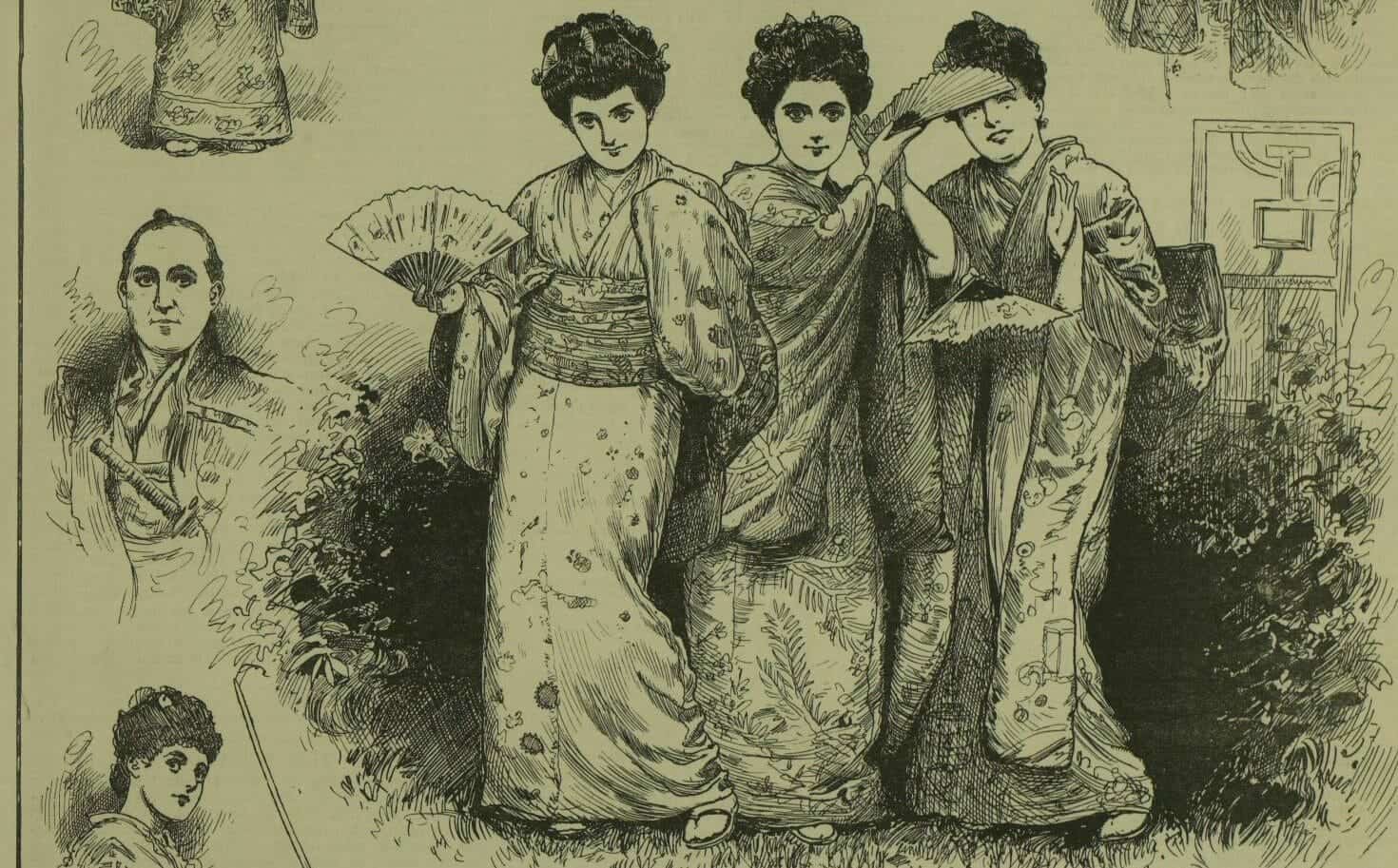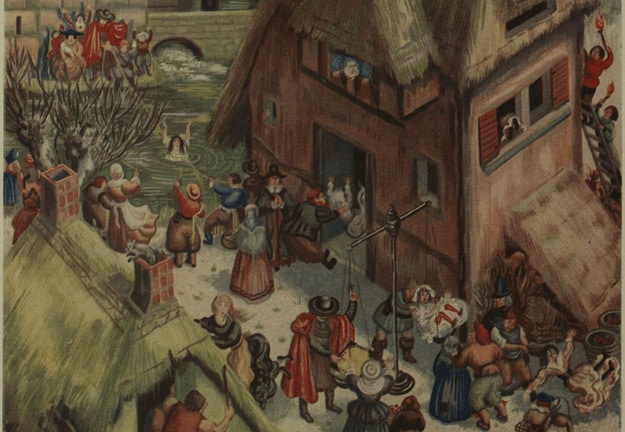│By Ellen Grace Lesser, Gale Ambassador at the University of Exeter│
We have all heard the maxim, “Power corrupts”. This has been altered in recent years, and now you may hear an alternative: “Power brings out people’s true colours”. It is not that power necessarily makes anyone “bad”, but that if a person is already “bad”, this is highlighted when they gain power. Yet is it the power itself that does this to people, or is it the desire for power? In this post, I will investigate the coverage of political bribery scandals from sources in The Sunday Times Digital Archive and The Times Digital Archive to see where the corrupting power of power truly lies.

